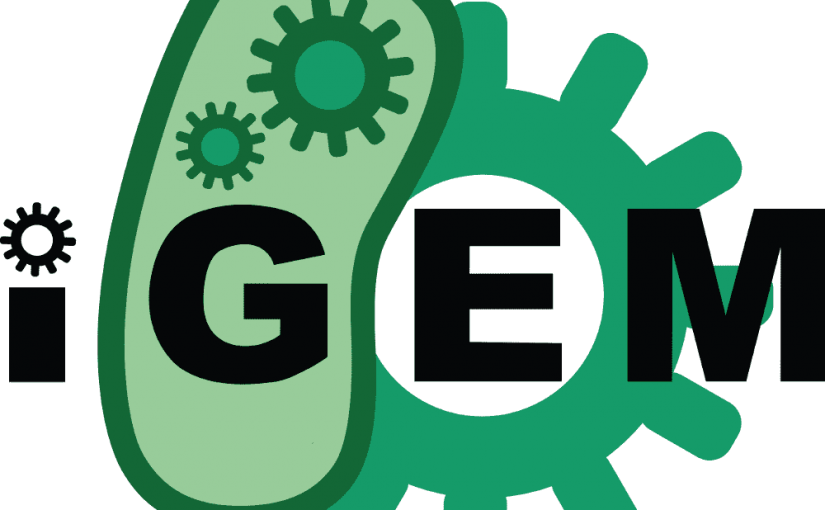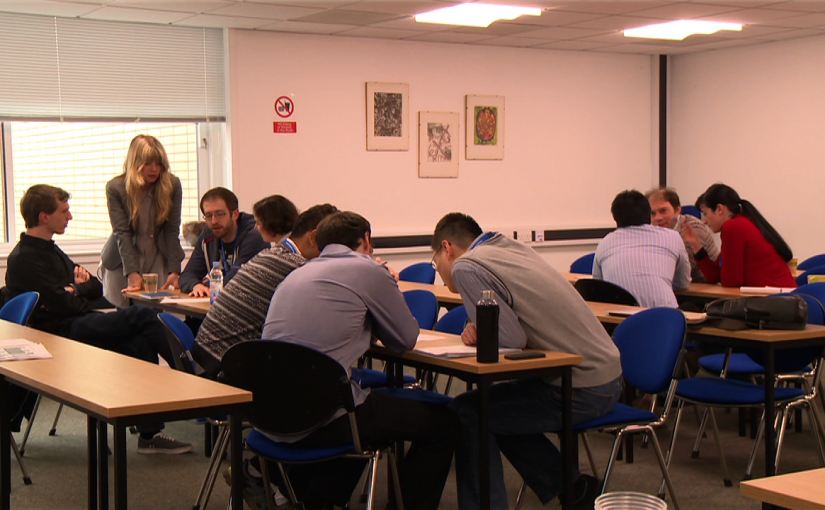Warwick’s 2017 iGEM team, Blueprint 361, is determined to make E.coli work in their favour. The team is made up of 5 engineering undergrads, 4 students from the School of Life Sciences and a chemist, and are supervised by Dr Alfonso Jaramillo. To meet the team, check out their video.
Their project is going to use E.coli to produce a biopolymer, which will then in turn be used as the bio-ink for their 3D printer. Over the course of the summer months, the team have been relentlessly working away in many labs around the campus to use this system for the creation of surface coatings with improved biocompatibility and osseointegration. If successful, the team could see revolutionary increase in both the strength and versatility of artificial joints and dental implants.
Excitingly, further development could even see this technology lead to the 3D printing of biological structures, such as trachea frameworks or even organ scaffolds.
The Blueprint 361 team will be taking their project to Boston in November 2017 to compete in the iGEM Jamboree against over 300 other teams from around the world. The team are urgently seeking additional funds in order to allow them to further develop their project. Can you help them? If so, please email igem@warwick.ac.uk.
iGEM is an international synthetic biology competition, which was established by MIT in 2003. Each iGEM team works over the summer to produce a new genetically engineered biological system, and competes in the following categories: the environment, manufacturing, diagnostics, therapeutics and food.
Keep up to date with the team here:
Facebook @warwickIGEM
Twitter @warwickigem
Instagram @igemwarwick





